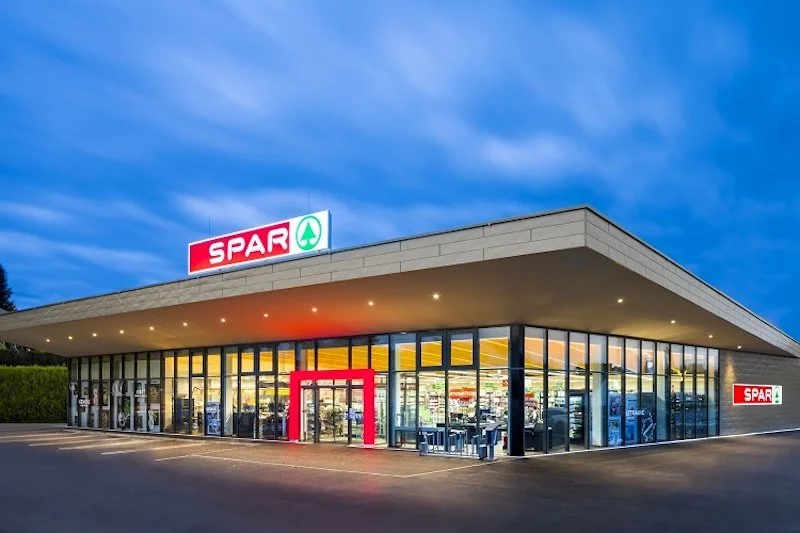Xiatech releases its 10 global 2023 predictions for retailers
Adaptive operating models, niche marketplaces, advanced analytics, and composability are set to be hot topics next year.
50% of major retailers that don't develop adaptive operating models centred on continuously delivering personalised experiences and value to customers will fail by 2030, according to Xiatech’s recently published industry predictions for next year.
“After coping with severe business disruptions caused by the pandemic, 2022 was the year in which retailers invested heavily in creating omnichannel customer experiences,'' says Jonathan Summerfield, Founder and CEO, Xiatech.
“In what will be a challenging economic environment, we predict business leaders in 2023 will look to further streamline operations, using analytics to remove unnecessary costs and risks to generating sales by ensuring the seamless purchase and timely delivery of products to their customers.”
Over the past year, Xiatech has spoken to a number of business and technology leaders at retailers from around the world.
Based on these conversations, and other sources of insight such as an analysis of data in Xfuze, its hyper-integration platform, here are the team’s predictions for 2023:
10. The end of free returns. Under pressure to cut costs, retailers will start to charge customers for returning online purchases.
Though initially financially driven, this change will be seen by customers in the long-term as an environmentally friendly decision. Incidentally, the circular economy will benefit as customers decide to give away and purchase unwanted items as the economy becomes challenging for millions of people worldwide.
9. Composable goes mainstream. Recognising that legacy technologies are holding their organisations back from quickly responding to shifts in the market including threats and opportunities, the majority of executives at large retailers will add composability (selecting and integrating best-of-breed digital services and business applications rather than monolithic ERP implementations) as a board level topic as they explore how to improve business agility.
8. Hyper-Integration gains industry acceptance. The urgency of organisations to significantly shorten time-to-insight required to accelerate business transformation, while lowering the total cost of technology, will drive business and IT leaders to rapidly adopt hyper-integration platforms that unify real-time system integration, data management, advanced analytics and process automation capabilities in a single solution.
7. More industry consolidation. Many retailers that failed to adapt over the past few years to major shifts in consumer shopping preferences and behaviour will be acquired in 2023.
In addition, forward looking retailers will acquire technology startups to jump ahead of industry peers as the competition to offer customers greater levels of personalised and engaging products and services heats up.
6. Direct-to-Consumer companies will dominate. Organisations that offer D2C e-commerce capabilities alongside traditional engagement channels will lead their industries because they recognise the value in owning the entire customer journey including first party customer data.
5. Owning the last mile experience. With ongoing supply chain disruptions, retailers will address costly delays by increasingly taking ownership of manufacturing and the delivery of products to customers.
These retailers will start their own or acquire a postal service, or buy ships, planes or factories - to ensure timely last mile delivery.
4. Rise of the niche marketplace. Growing consumer interest in marketplaces, which currently account for 40% of the UK’s total online spend, will spark retailers to create their own online e-commerce communities of loyal customers while simultaneously joining existing marketplaces.
3. Machines to power real-time analytics. More than 70% of mid- to large-sized retailers will have successfully deployed, or started to deploy, advanced analytics powered by machine learning and artificial intelligence required to supercharge insights and real-time decision-making including predicting customer behaviour, inventory and sales.
2. Data ecosystems create market leaders. The focus on delivering market leading hyper-personalised omnichannel experiences to win and retain customers will drive retailers to build data ecosystems.
The need for data ecosystems will force IT teams to quickly modernise legacy systems not designed to aggregate and process data from a network of internal and external sources.
1. Emergence of adaptive operating models. The majority of retailers that don't develop digital enabled adaptive operating models (AOM) centred on delivering value to customers will fail by 2030.
Leveraging Hyper-integration to connect systems, data, analytics, people and processes , an AOM provides a single view and capability to manage the phases of the value chain (Plan, Buy, Move, Sell and Engage) in real-time.















Continue reading…